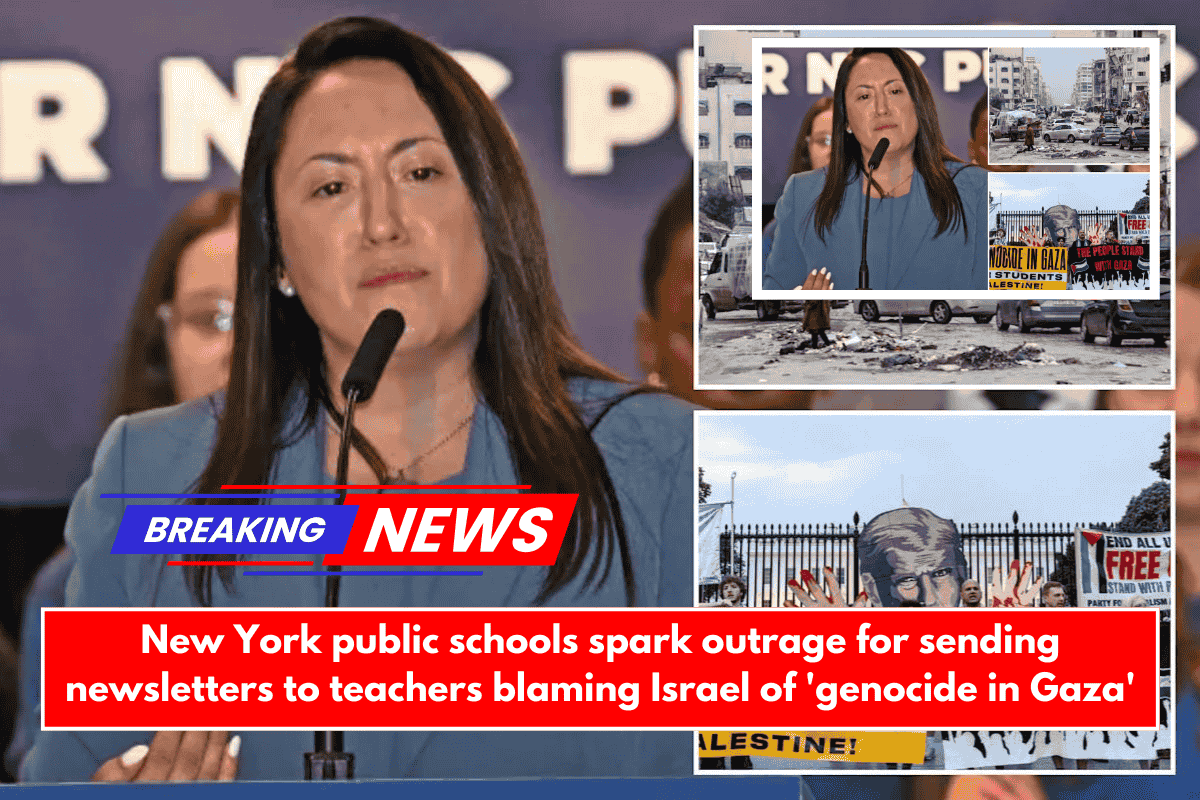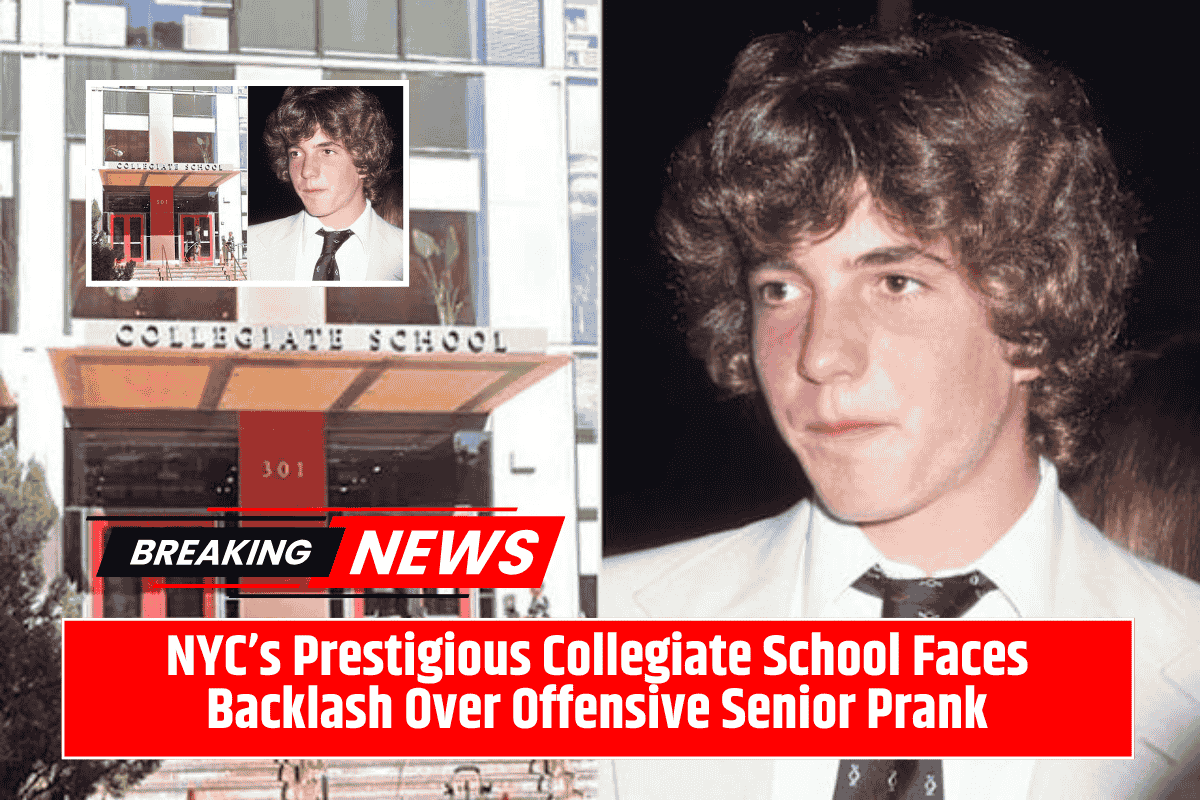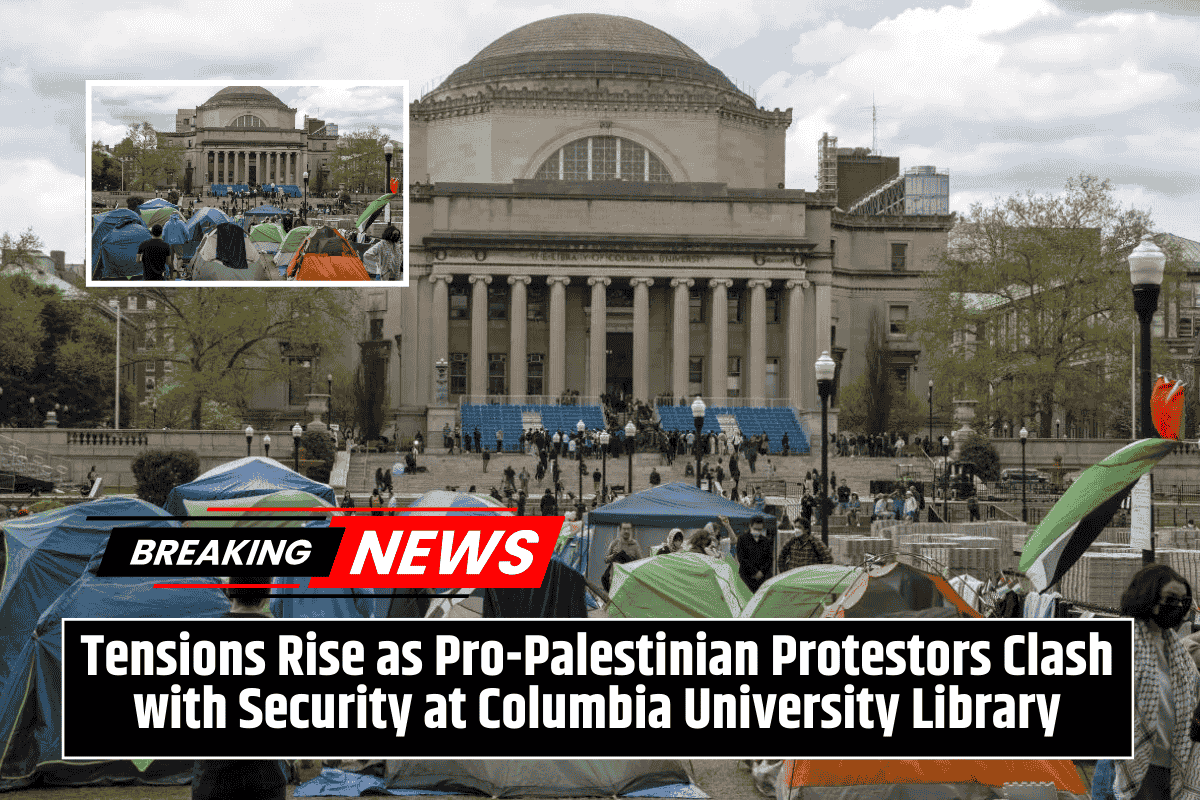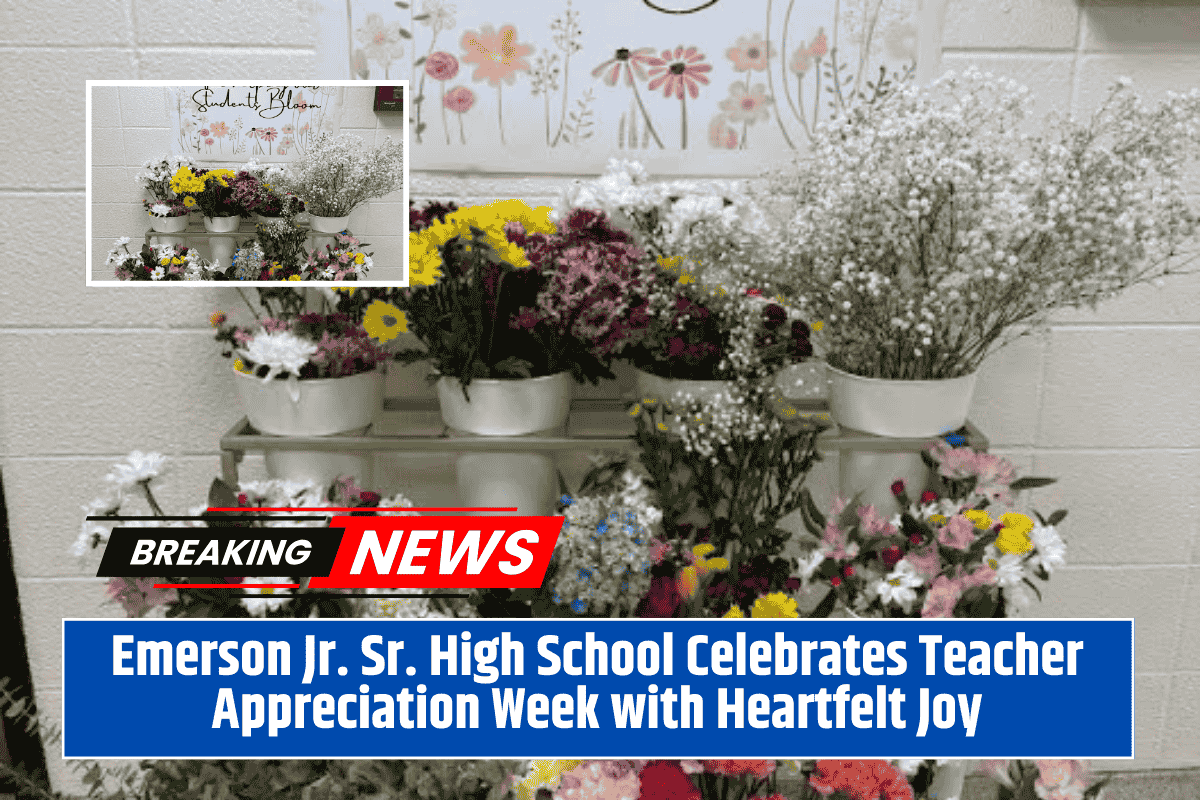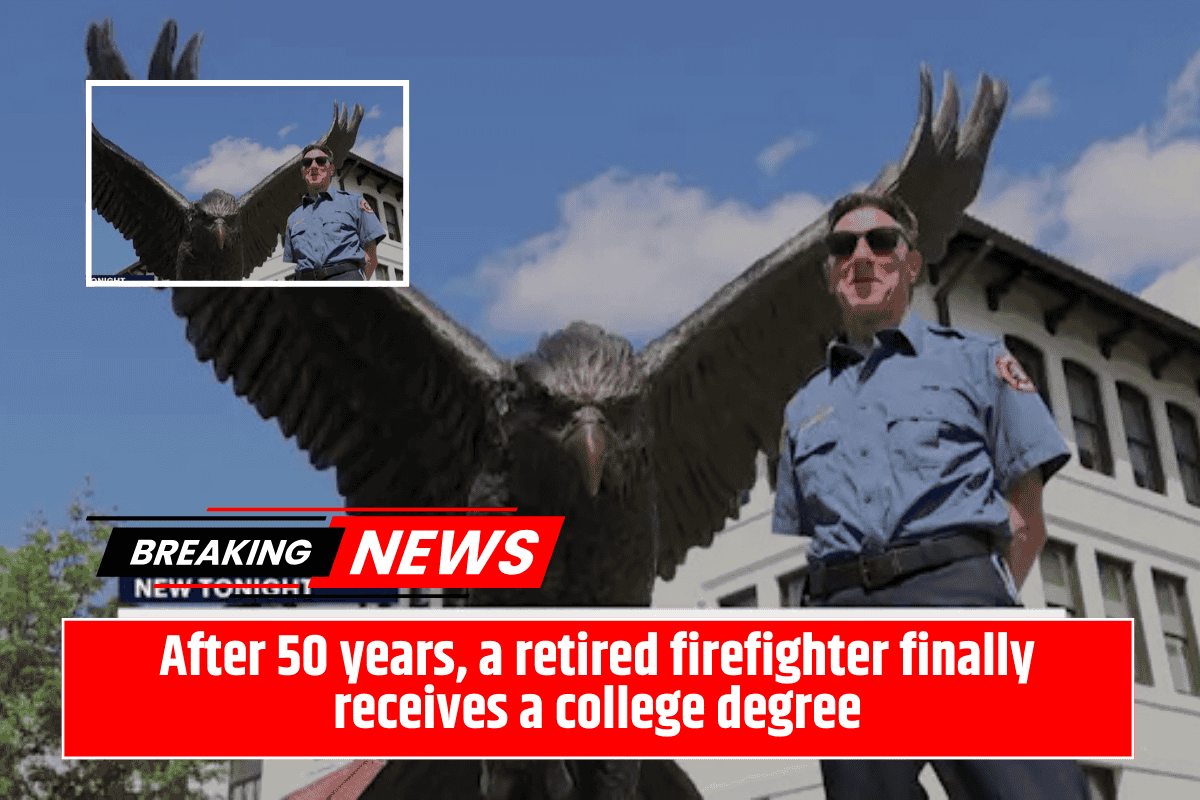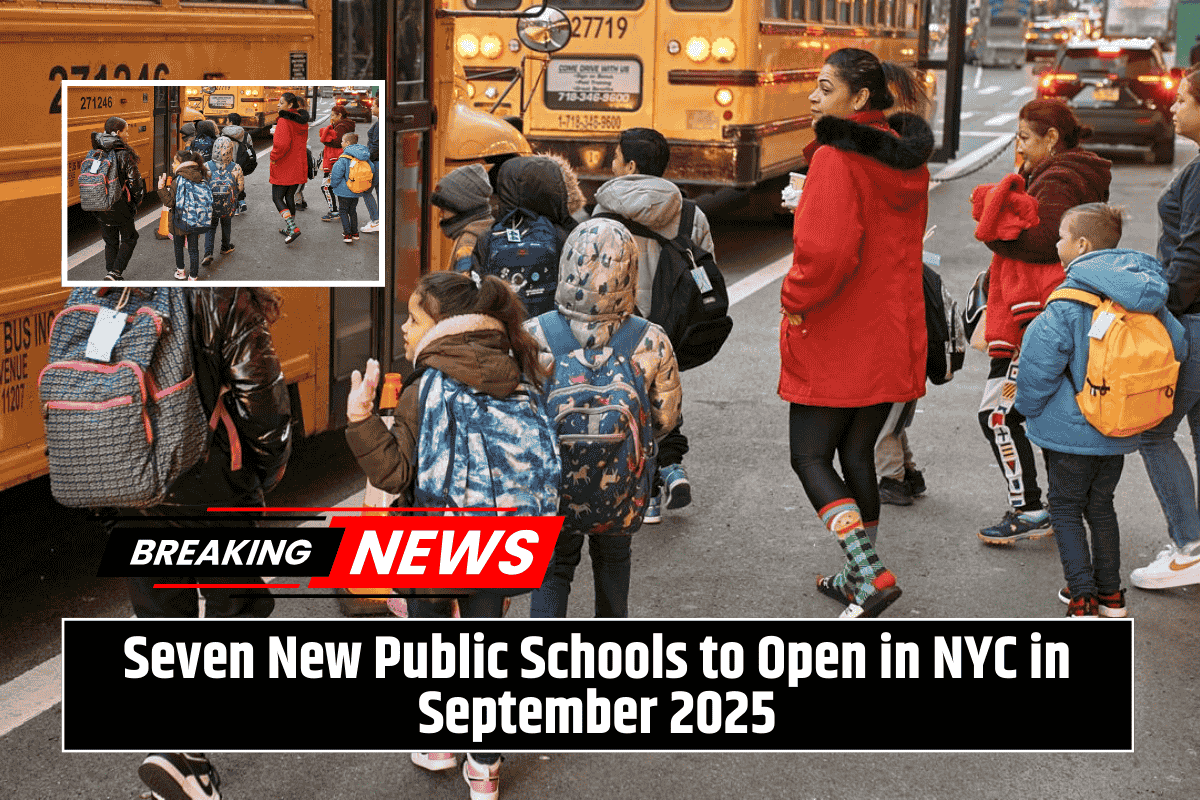A recent Department for Work and Pensions (DWP) newsletter has sparked outrage among Jewish educators in New York City. The 14-page “Teacher Career Pathways” spring 2025 newsletter claimed that Israel is committing “genocide in Gaza” in a section discussing the March 28 “Day of Action” held by the Columbus Campus Youth Council in The Bronx.
The newsletter, which was sent out to hundreds of teachers, has been heavily criticized by Jewish educators, activists, and politicians as another example of antisemitism in the city’s public school system.
The Controversial Language in the Newsletter
The claim of “genocide in Gaza” was part of a broader section in the newsletter that discussed pro-Palestinian protests and student-led activism. The newsletter linked these protests to calls for Palestinian rights and framed them as a student-led initiative aimed at addressing global injustices. While the intention behind the newsletter may have been to promote student leadership, many Jewish educators and activists argue that the language used was inflammatory and politically biased.
The claim that Israel is committing “genocide in Gaza” was particularly troubling for many who saw it as antisemitic. Some teachers expressed disbelief that such controversial and potentially harmful rhetoric was being disseminated to teachers, who are then expected to pass it along to students.
Jewish Educators Speak Out
Jewish educators, particularly those who received the newsletter, have expressed their anger and distress over its content. One anonymous teacher shared their concerns, stating, “Does New York City Public Schools expect me, a Jewish educator, to disseminate a message that so callously references the ‘genocide in Gaza’ as the inspiration for this student group?”
The teacher continued, “To frame this pro-Palestinian protest – which was a pro-Hamas protest, filled with antisemitic tropes, and called for the eradication of Israel – as some noble catalyst?” The claim is viewed as an oversimplification of the complexities surrounding the Israel-Palestine conflict and fails to acknowledge the nuances of the situation.
This sentiment is echoed by other Jewish activists and educators who are concerned about the growing climate of antisemitism in schools. The release of this newsletter adds to the concerns raised earlier this year when Schools Chancellor Melissa Aviles-Ramos was forced to apologize for another document linking to a “Stop Gaza Genocide Toolkit”, which included language seen as radical and politically charged.
Government and Union Reactions
Manhattan Councilwoman Julie Menin called the language in the newsletter “inexcusable and unconscionable”, stressing that such content should never be part of official school communications. “We were very clear with the chancellor that such instances can never occur again and that there need to be consequences for hate speech,” Menin stated.
The Department of Education (DOE) has responded to the backlash by removing the offensive language once it was discovered. A spokesperson for the DOE assured that the language was removed immediately and emphasized that the department is “strengthening review protocols” for future communications to prevent similar errors.
The United Federation of Teachers (UFT), which partners with the DOE on the Career Pathways program, clarified that they did not write or review the newsletter before it was distributed. The UFT is involved in supporting instructional strategies and professional development but does not control the content of newsletters.
Calls for Accountability and Action
This controversy follows a growing pattern of antisemitic incidents in schools, particularly in the aftermath of the October 7, 2023 Hamas attack on Israel. Jewish teachers, especially in high schools, have faced increasing harassment, with some being forced to take safety measures amid pro-Hamas protests. One Jewish educator at Hillcrest High School was even forced to lock herself in her office as a rowdy mob of students sought her out following the outbreak of violence in Gaza.
Advocacy groups like #EndJewHatred have been vocal in calling out what they see as a systematic failure by the DOE to address antisemitism within the education system. Michelle Ahdoot, director of programming at the group, called for a full investigation into who allowed such inflammatory content to be published in the first place.
Impact on Jewish Educators and Students
The growing climate of hostility towards Jewish educators and students in public schools has become a serious concern for both teachers and students. For many Jewish educators, the fear of being targeted due to their identity, especially in the aftermath of recent pro-Palestinian protests, has made it increasingly difficult to work in an environment where they feel unsupported.
The issue goes beyond the newsletter itself; it underscores broader concerns about the role of education in fostering tolerance and understanding. Karen Feldman, co-founder of the NYC Public School Alliance, warned, “Public schools must be spaces of learning, inclusion, and neutrality—not vehicles for inflammatory, historically inaccurate propaganda.”
The Path Forward
In light of these repeated instances, the DOE and local government must take stronger action to ensure that antisemitism is not tolerated within schools and that students are not exposed to biased or inaccurate political messaging. Mayor Eric Adams and other city officials must work together to create policies that promote inclusivity while ensuring that all students feel safe and respected, regardless of their religious or political affiliations.
The events surrounding this latest controversy also highlight the urgent need for the DOE to adopt more transparent and responsible communication practices, especially when dealing with sensitive political topics. Educators, families, and advocacy groups will continue to push for a system that prioritizes education over propaganda, ensuring that students receive a well-rounded education that promotes critical thinking without being exposed to harmful political rhetoric.
